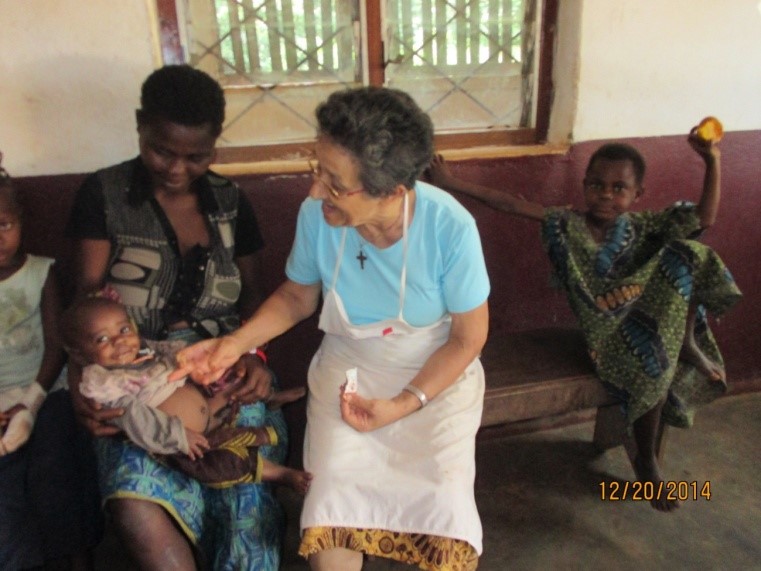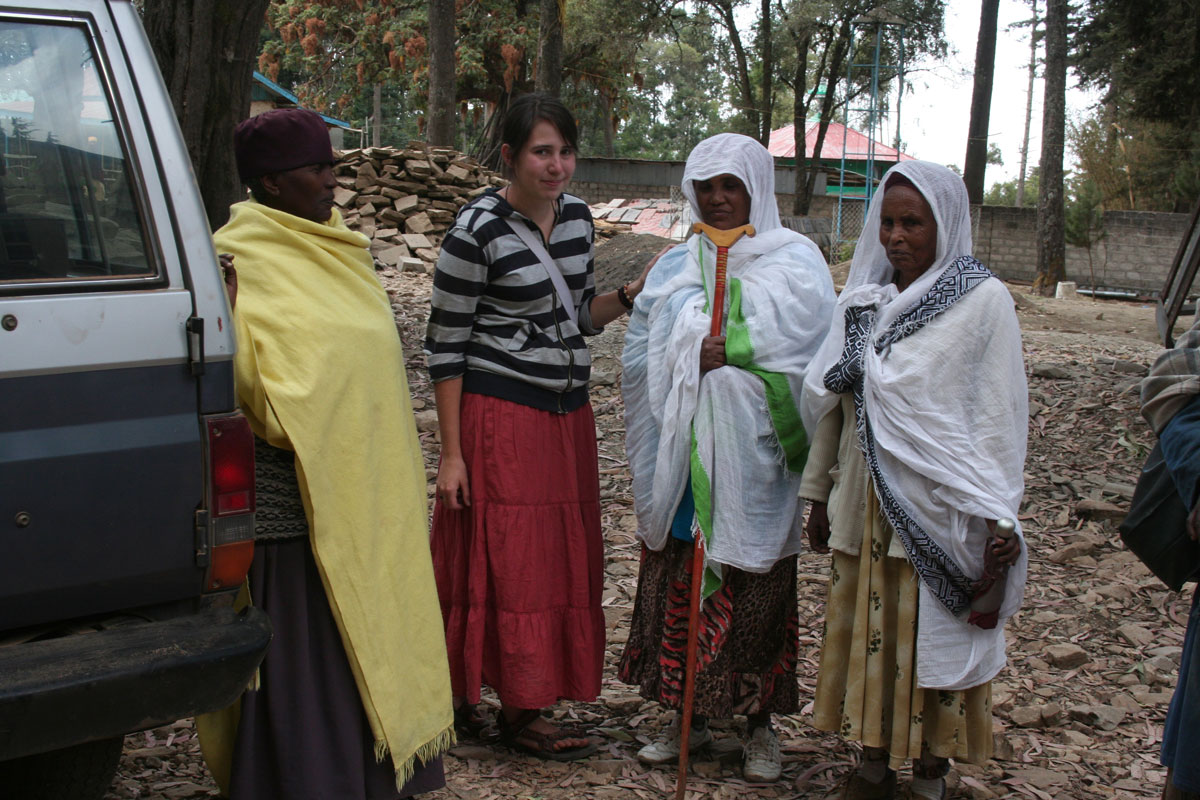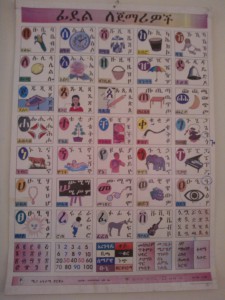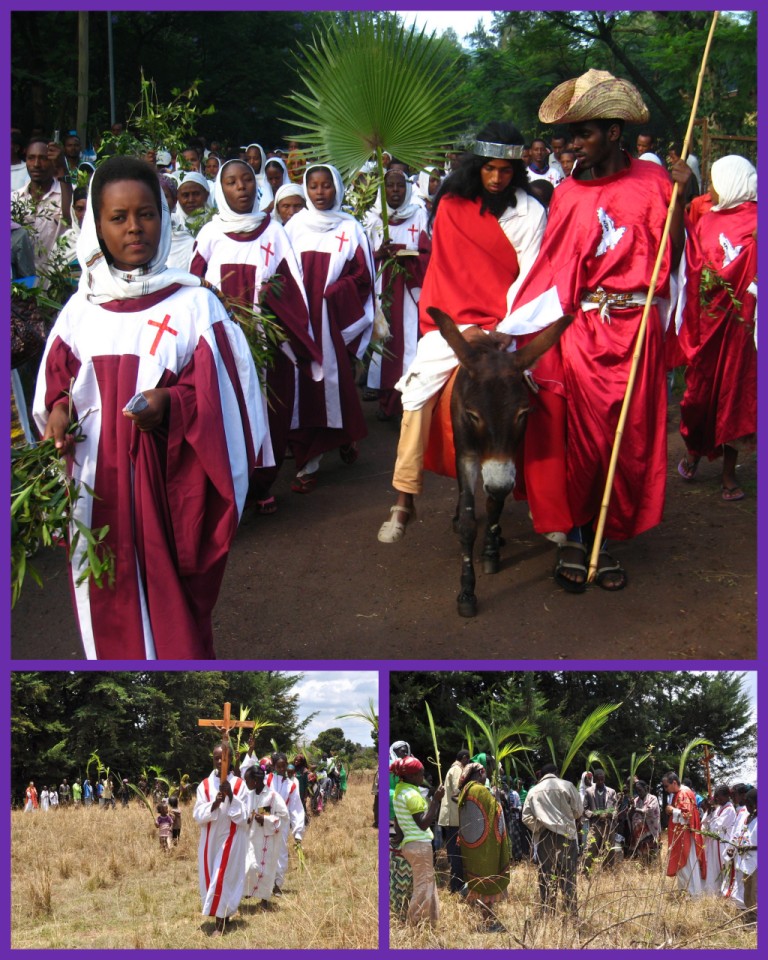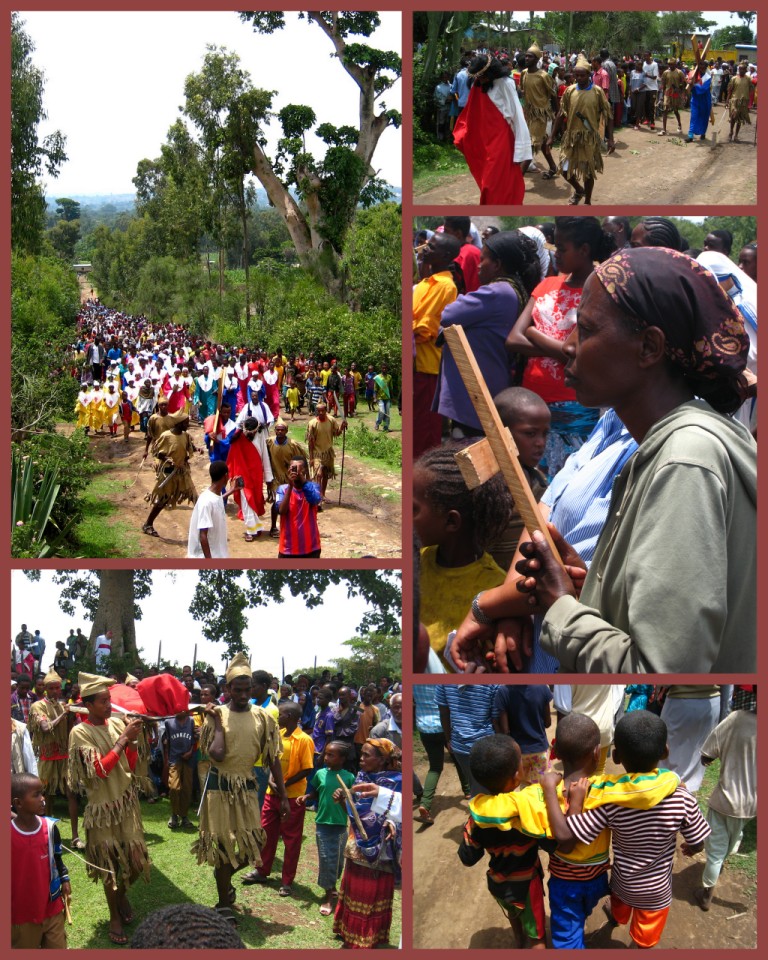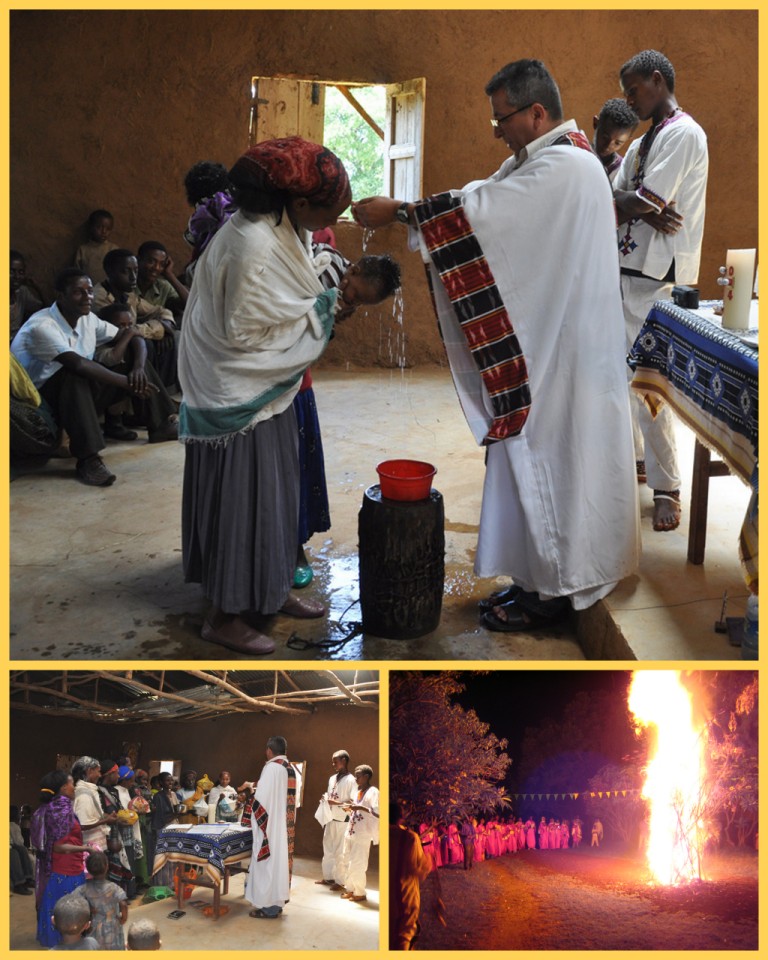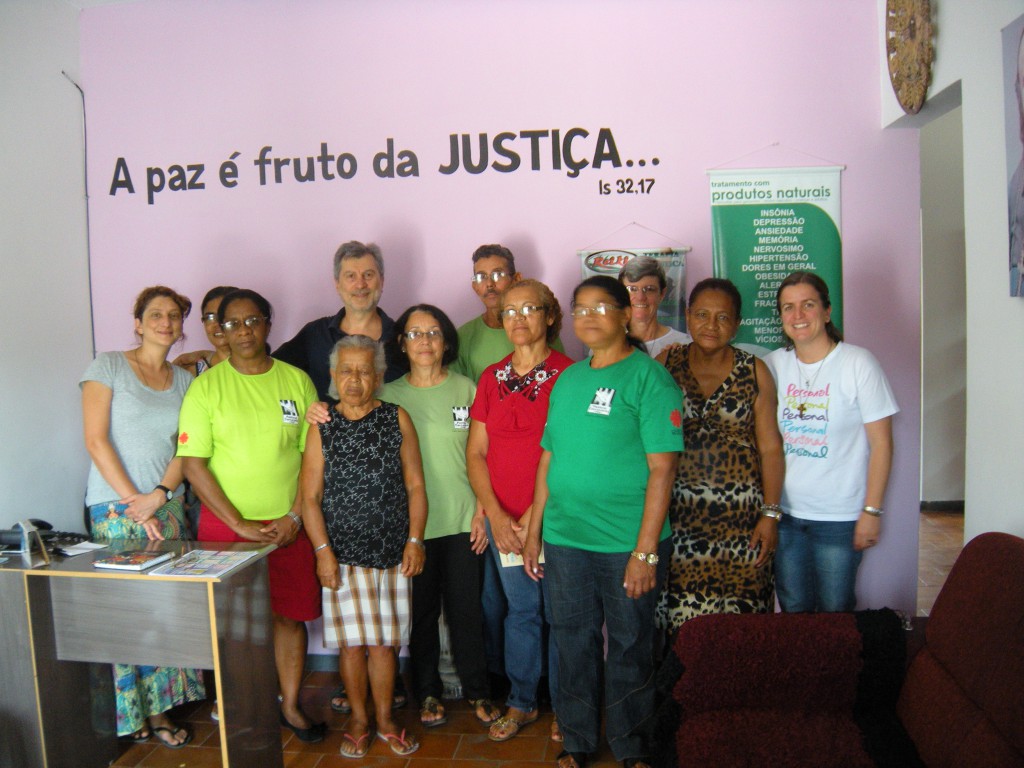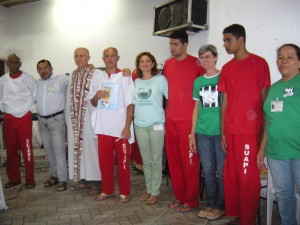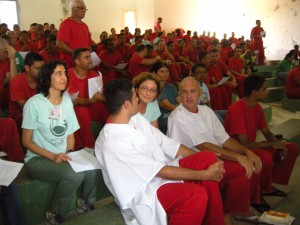We received with joy, a testimony from the mission of Palmira Pinheiro the Comboni missionary secular who is currently in the Central African Republic together with the CLM Elia Gomes. Here we leave the testimony of the joys and hardships of this mission in the heart of Africa.
VOICE FROM THE MISSION
Although today is not Samedi (Saturday), Samedi arrived! As always out of time, when I’ve closed the door of the clinic and look forward to some rest because fatigue gets you. However, while I get to grumble with his mother, because she is not in hours, his smile, his bright eyes like two stars, his arms outstretched towards me, make me put aside my mood completely. All are my “dears” but Samedi has a special place in my heart. He was one of my earliest success stories! He was a child destined to die, but Life won!
In the second week of my arrival, some day when I had to close the door of the clinic, a woman appears, for more signs pygmy. She gave me the impression of having some mental retardation, and holding in her arms a small child than as explained by someone who accompanied would be premature, newborn and the mother had no milk to feed him. I weighed the baby, he hardly reach 2 kilograms because the pygmies are small, but he already had a “time”. What really matters is that he was hungry, since the mother, who seemed depressed, but with huge breasts, was not motivated to breastfeed, so the mammary glands need to be stimulated by the baby’s sucking to produce the “juice of life”.
We leave them to remain in the Rehabilitation Center about a month and a half trying to feed the mother and encouraging her to breastfeed the child. This was difficult because we could not always be present and, when we went we found her lying on the veranda of the Center asleep with his huge chest extended, the child also lying next, but, of course, without the ability to take the breast and suck. We used as a strategy, another mother also pygmy, who was accompanying her malnourished tiny, Jean Pierre, another favorite of mine, whom we trust to teach and encourage her to breastfeed the child. And in this way it was overcoming the most critical phase, in which, to make matters worse appeared some diseases (malaria, pneumonia, diarrhea, etc.) to which we responded with proper medication. Until one day the mother decided to leave without saying anything, then we lost hope, and thought he would die, he will not have a chance! But to our surprise, she appeared two weeks later with the child very sick with pneumonia, tremendously weakened and we doubt we have the chance to save him. But he stayed here a few days, and began treatment, feeding the mother so that she in turn feed the child, but when everything started to go well she stop treatment and return to the “Camp”. And so she continued to appear when the child was in his last and we just kept saying, This time he will not get it! But “LIFE” is stronger than death and Samedi won! Now he is 9 months all and remains small (like all pygmy), but he weighs 8 kilograms. It is great! When I approached him, jumps of joy, smiling and opening his arms to come into my lap. 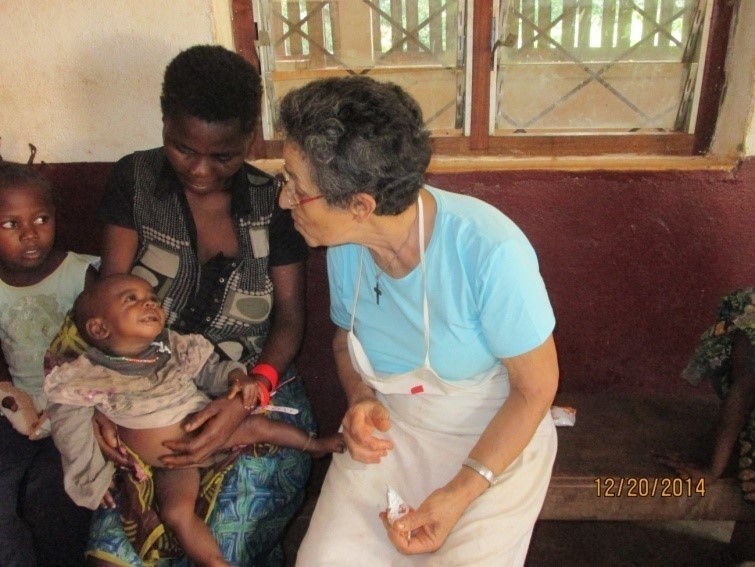
I pressed him against my chest as a beloved son in whom I feel I’ve helped to live. He plays, laughs and has fun. It’s a happy boy! Occasionally taking his crisis of malaria, diarrhea, bronchitis, etc., but at least the mother is aware of bringing him when it is bad, because in addition to medication, always carry a bag full of food for two.
I think for me and for God: “Although I have not done anything, it was worthy to come to Mongoumba to see this child smile after being destined to die”
A hug to everyone.
Palmira Pinheiro (MSC)




